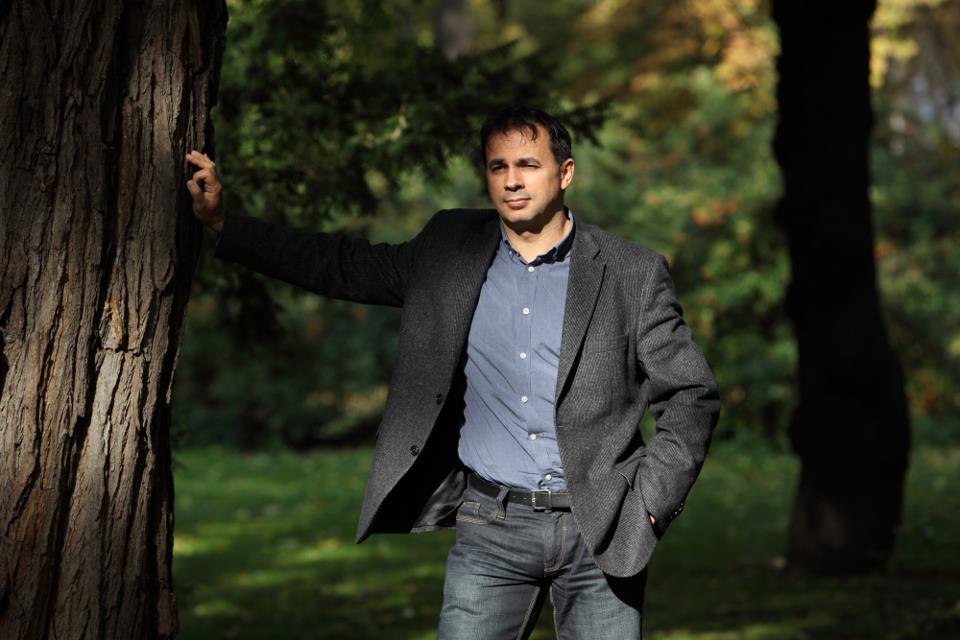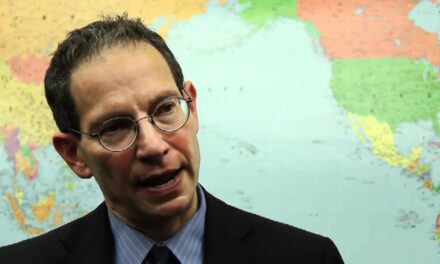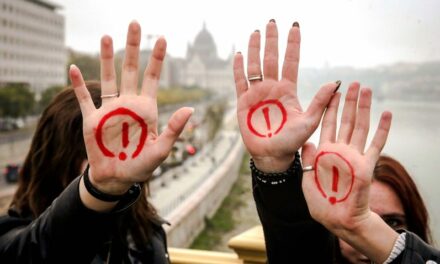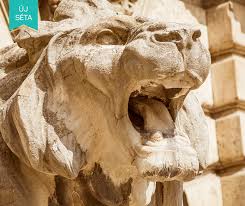János Bán, better known as Mór Bán, writer, publicist, and media executive, received one of the most prestigious art awards, Hungary's Laurel Wreath, from President János Áder on March 15 this year. Just two years ago, he was the first to receive the Ferenc Herczeg literary award. In the interview given to our portal, we talked about his personal life, history, and creed.
According to the Spanish philosopher Ortega O'Gasset, we must set our lives on something, because to the extent that we do not fulfill our commitments, to the extent that our lives become empty. What have you set your life on, what is your commitment?
People try to keep up with the challenges, they fight, if necessary, on several fronts. For this reason, we do not always operate based on some comprehensive master plan, although in my case a kind of value system is clearly emerging, which is manifested in all my work. The most important of these is making the Hungarian historical novel popular again, evoking eras whose examples can strengthen our identity. So many people have weakened our national identity in the past decades with such cunning persistence that there is plenty to make up for in this area.
After the system change, the expected era change in the field of culture was somehow missed,
and certain changes can only be carried out with painful slowness, at the cost of a culture war reminiscent of ferocious melee. Among these changes, I consider the historical novel, and within it the emphasis on Hungarian historical themes, the introduction of our national heroes, and the presentation of their examples to younger generations to be a more successful process.
You were born in Kecskemét, where your career started. You worked as editor-in-chief for a long time in Szolnok and in Eger at the county days, then you became the director of the Kecskemét Media Center. And since 2020, you have been leading the public service television M5, according to many, since your participation, the quality of the programs has risen significantly, and the channel has been renewed in terms of its image and content. According to what values and principles did you or do you organize the media you lead?
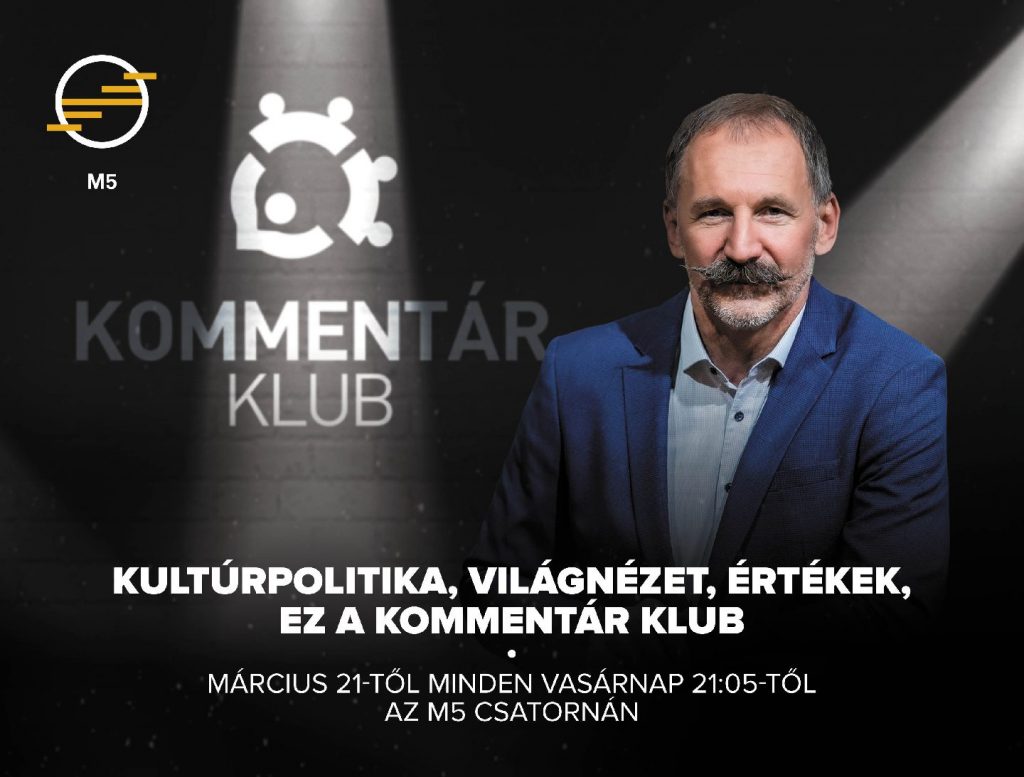
Source: MTVA Archive
I had a taste of many exciting areas of the media world. I came from the field of classical print journalism, but I also got to know online and television journalism thoroughly in the last three decades. In the case of the M5, we are still at the very beginning of the process. I would like to be able to talk about Hungarian culture and our historical heritage in the most interesting way possible, along the lines of coherent, open editorial principles. As I have already mentioned, there is a huge amount of work ahead of us, there are many tasks to be completed.
All over the world, nations place enormous emphasis on defining their national self-identity and on the new and new processing of outstanding events in their national history.
Hungarian history is perfectly suited to make forgotten or undervalued eras even better known in the form of spectacular, exciting television and online content.
Obviously, the most exciting question about you is the Hunyadi series. In addition to the fact that it is the most successful Hungarian novel stream and the favorite of more than a hundred thousand readers, a real myth has developed around it. All this also shows that the Hungarian people are hungry for the glorious periods of our history and the presentation of its heroes.
This is a direct consequence of many decades of conscious and systematic cultural policy activity, one of the main goals of which was to weaken the national identity, and to replace it with a kind of internationalist (today we can call it globalist) way of life and attitude.
A strong national identity was seen as dangerous in itself, since in their eyes it was almost considered nationalism, which, according to their sick logic, could almost be related to Nazism.
However, a healthy, constructive national spirit is capable of miracles. And it is close to us: our nation's millennial struggles also impose a duty on us. The success of the Hunyadi series is therefore primarily due to the fact that the Hungarian people enjoy reading uplifting, true stories about our national past - this is a spiritual need that emerges with elemental force after so much guilt, deheroization, and oppression. In the history of all peoples, it is possible to find uplifting and beautifully heroic stories, as well as shameful eras. If you always focus only on the negative, it will not move you forward in any way, it will only lead to a kind of artificially kept guilt alive. Every nation has a basic need to have a balanced approach to its past. The Hunyadi series also tries to contribute to this, warning and reminding the reader that there are plenty of proud periods in our history.
Hunyadi's victory in Nándorfehérvár, the salvation of Christian Europe, is announced worldwide and every day at 12 noon by the bells. You have been working for years to create a worthy film that commemorates the excellent patriot, this Hungarian Hercules. There was a large-budget cinema in preparation during the time of film commissioner Andy Vajna, which many people, including you, were outraged by, and in the end a consensus emerged that this film should not be made. Why?
Because that script - The script for The Last Bastion - in my opinion showed a lot of things that many of us are really tired of. That he couldn't talk about the hero as a hero, that he was looking for fictitious, clumsy "heroes" to replace the real hero who can easily be presented to every viewer as a role model. How he incomprehensiblely tried to cram modern, liberal ideas into a story from half a thousand years ago. What else could have prompted the writer to populate the castle of Nándorfehérvár with Hebrew gunners and cavalrymen? But that's just a small thing.
Our history is a sensitive and vulnerable fabric, I think it should only be approached with an understanding hand.
Of course, it can also be the way they did it. Others do it too, quite a lot of people, for quite a long time. I believe in a different processing.
When can the film you are advocating for be made, and what should it look like?
We are thinking about a TV series, a series made with international cooperation, and we want it to be shown in all parts of the world when it is finished, so that we can finally get to know the story of János Hunyadi, since we have not yet told this story to the world. I believe that it is a hero that can be interpreted universally, because a hero fighting for the freedom of a nation against invaders always and everywhere carries an understandable message.
Let's not forget that Hunyadi was a common hero of the peoples of Eastern Europe, whom Romanians, Serbs, and Poles feel as their own.
We have been working on the script for such a series for many years, and our intention is to make a worthy adaptation of my unfinished twelve-volume novel series, even if the adaptation will be different from the books in many ways.
It seems that in the last 60-70 years, an artistic aristocracy has emerged, which although proclaims itself to be tolerant, but at the same time almost "terrorizes" those creators who do not view the world from this ivory tower. They are happy to suggest that any narrative that talks about the successes, moral strength and solidarity of Hungarians is either weak or nationalistic or tendentious, and can still be strengthened. What can be done about it? How can talents emerge who do not feel bound by this kind of canon? What can be the new cord gauge?
First of all, those novels, films, and TV series that are made with a completely different world view must be prepared. Of course, the leaders of the "other side" immediately pounce on this, saying that these will be course films, empty historical tableaus, and of course there will be the tediously repeated accusation of "Hungarianism". However, I would be more careful with these accusations. I am not sure that those who have had an open - or barely concealed - antipathy towards the Hungarian national heroes can now legitimately worry about this issue. We know their objections well. Up until now, they have hindered the strengthening of our identity enough, and there is no doubt that they will continue to do everything they can to raise counterarguments and objections. Course films... Let's not forget that Zoltán Várkonyi's films The Stars of Egri and Sons of a Stone-Hearted Man Bondarchuk War and Peace is also a typical course film. Yet the audience closed these films in their hearts. And then, Hungarian cinema still had one hundred and twenty years to make worthy historical films about Saint István, János Hunyadi, King Matthias. Not a cartoon, not a comedy, not a rock opera, but a serious, spectacular historical film. How come they didn't make it? It must have happened quite by accident. Anyway, that was enough. As well as from the fact that
among our historical traumas, for example, Trianon almost never appears in Hungarian motion pictures. I wonder why?
Appeasing the naysayers: there will be plenty to criticize if these long-missing works are completed online, as our national film industry has to prepare almost from scratch for such a huge professional challenge.
"Never think about how strong the enemy is, just know how strong your determination is and how unwavering your heart is." – you write in the novel The Light of the Dawn: it is also a kind of ars poetica.
Yes, that too. For us Hungarians, our basic historical experience is to engage in hopeless, doomed battles. But none of our fights were ever in vain. I believe in that too.
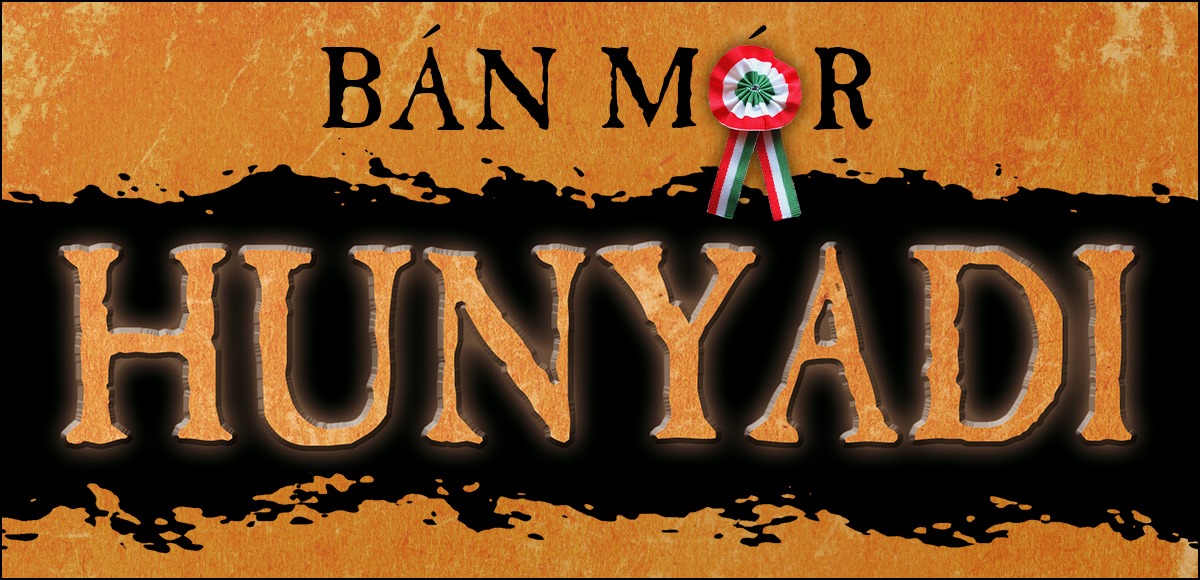
Photo: Mór Bán's official website
Cover image: keol.hu

